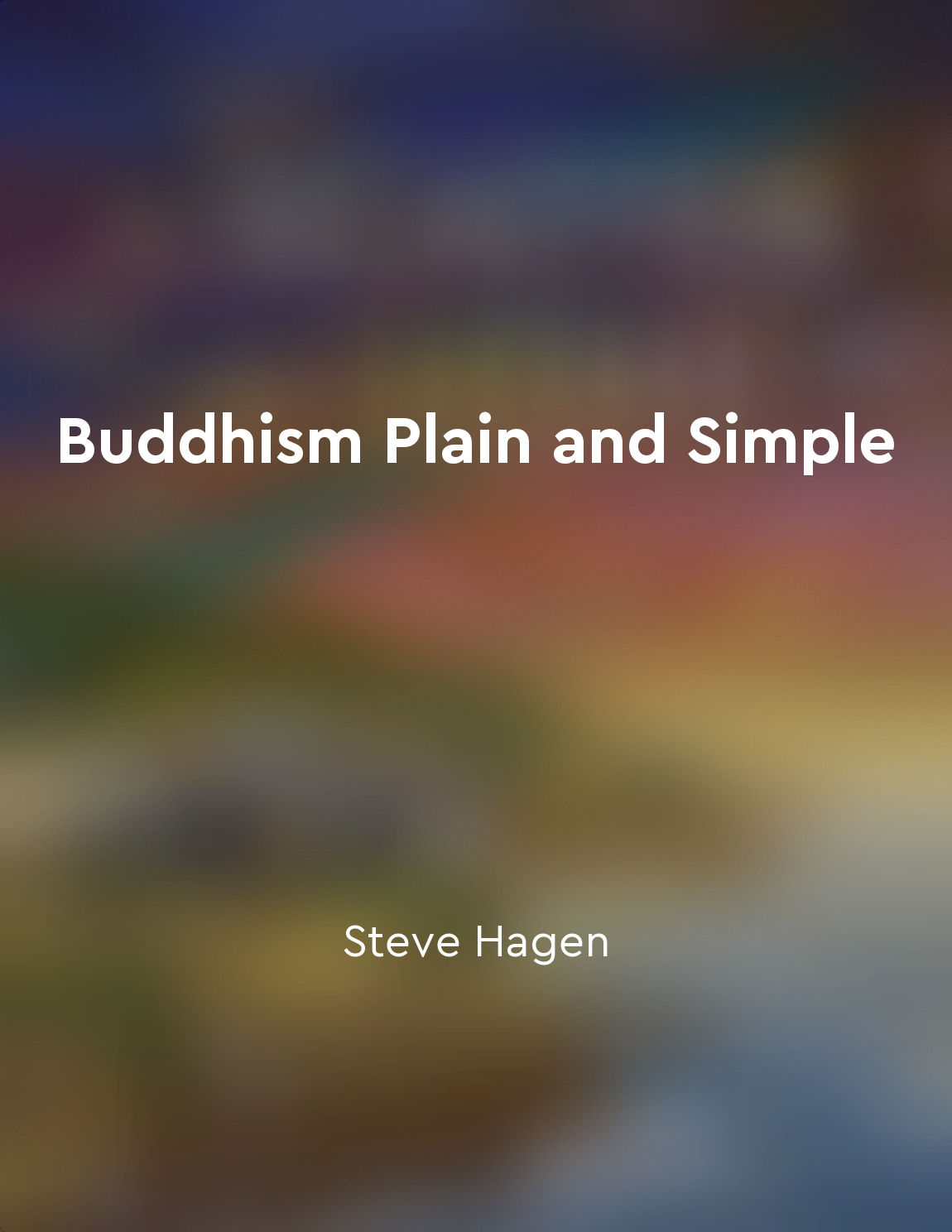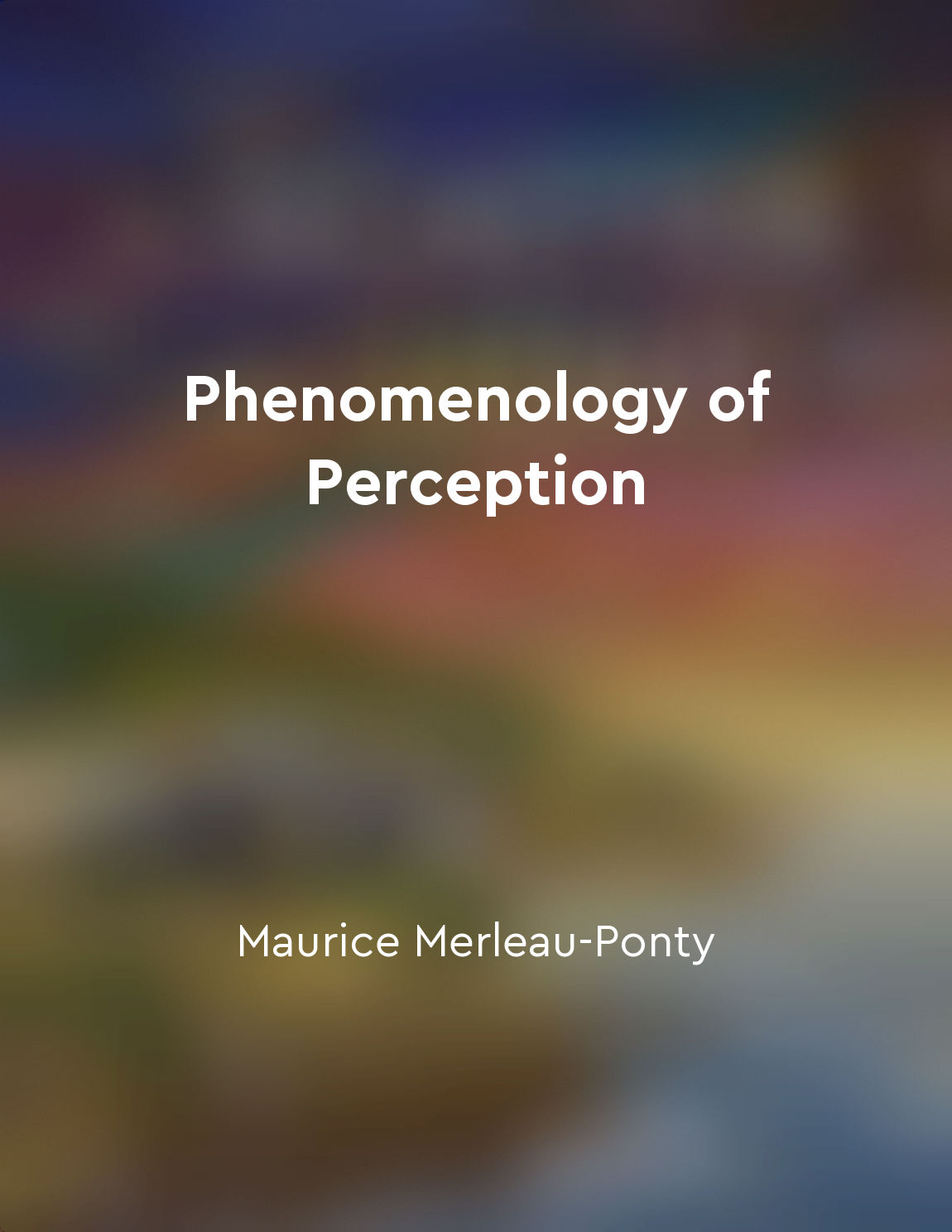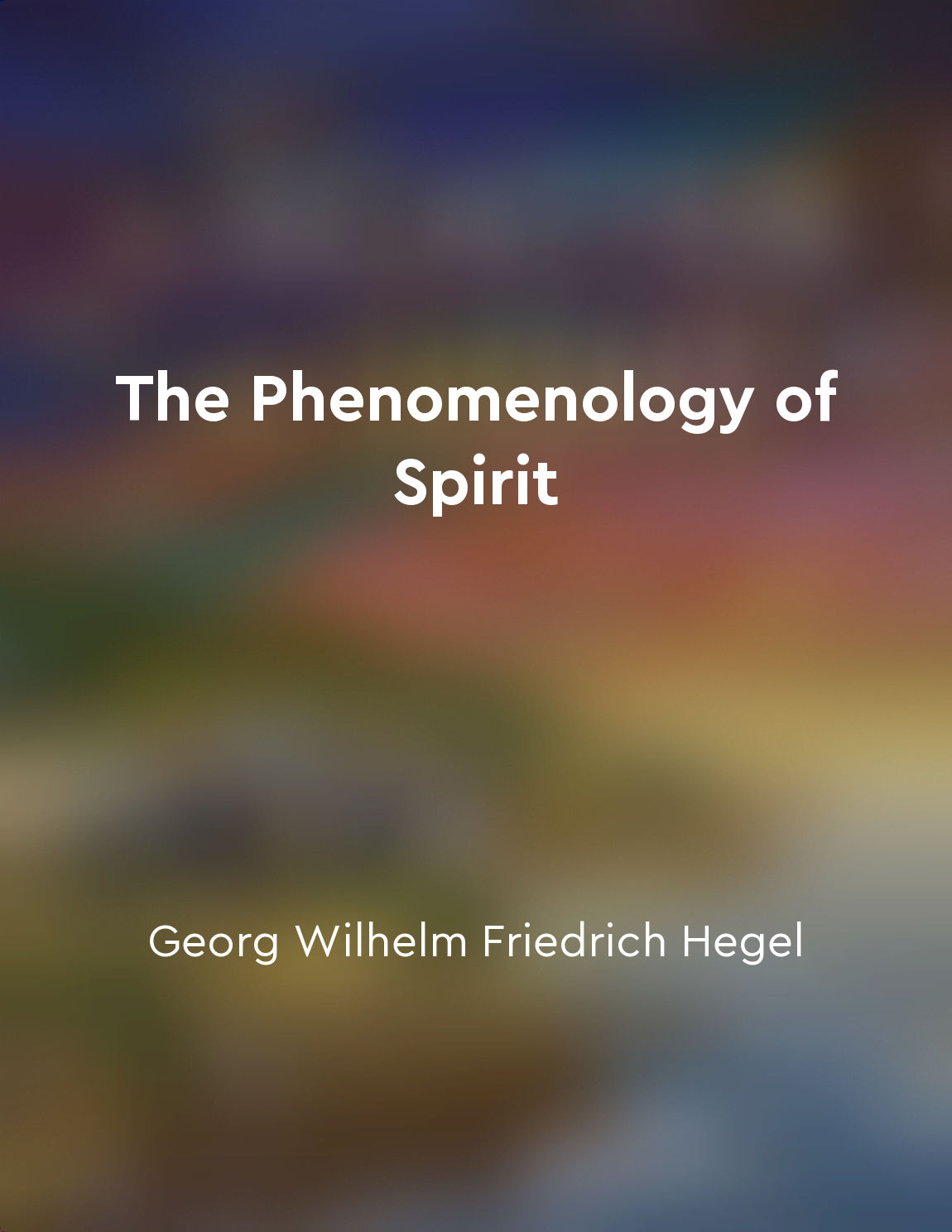Phenomenological reduction leads to transcendental ego from "summary" of Ideas for a Pure Phenomenology and Phenomenological Philosophy by Edmund Husserl
The act of phenomenological reduction is a crucial step in the process of uncovering the essence of conscious experience. By suspending our beliefs about the external world and focusing solely on the phenomena as they appear to us in consciousness, we are able to access a deeper layer of reality. This reduction allows us to peel away the layers of interpretation and judgment that usually cloud our perception, revealing the pure essence of the phenomena. As we engage in this process of reduction, we come to the realization that there is a fundamental unity underlying all of our experiences. This unity is what Husserl refers to as the transcendental ego. The transcendental ego is not a personal ego in the traditional sense, but a universal ego that transcends individual consciousness. It is the pure subjectivity that underlies all of our experiences, the "I" that remains constant amidst the ever-changing contents of consciousness. Through the phenomenological reduction, we are able to strip away the layers of personal identity and reach a deeper understanding of the self. We come to see that the self is not simply a collection of thoughts, feelings, and memories, but a transcendent ego that unifies and gives meaning to our experiences. This transcendental ego is the foundation of our conscious life, the source from which all of our experiences flow.- The process of phenomenological reduction leads us to the transcendental ego, revealing the deeper structure of consciousness that underlies our everyday experience. It is through this process that we are able to uncover the true essence of the self and gain insight into the nature of reality itself. By engaging in the reduction, we are able to transcend our limited perspectives and access a deeper level of understanding that goes beyond the surface appearance of things.
Similar Posts
Practice forgiveness to release resentment and anger
Forgiveness is a powerful tool that can help us let go of negative emotions such as resentment and anger. When we hold onto gru...

Let go of judgment towards yourself and others
When we judge ourselves or others, we are creating a separation between what we think should be and what actually is. This sepa...
Patience is a virtue that helps us navigate life's obstacles
In Buddhism, patience is highlighted as a key virtue that can help us skillfully navigate the various obstacles and challenges ...

Perception is an active process of sensemaking
Perception is not a passive reception of stimuli from the outside world. It is not simply about taking in information through o...

Development of selfconsciousness
The development of self-consciousness is a complex and intricate process that is central to the trajectory of the individual's ...
Refutation of idealism disproves skepticism about external objects
In the realm of philosophy, the notion of idealism has long been a topic of debate and discussion. Idealism posits that the ext...
Consciousness is always intentional and directed towards objects
Consciousness, as we experience it, is always characterized by its intentional nature. This means that consciousness is inheren...

